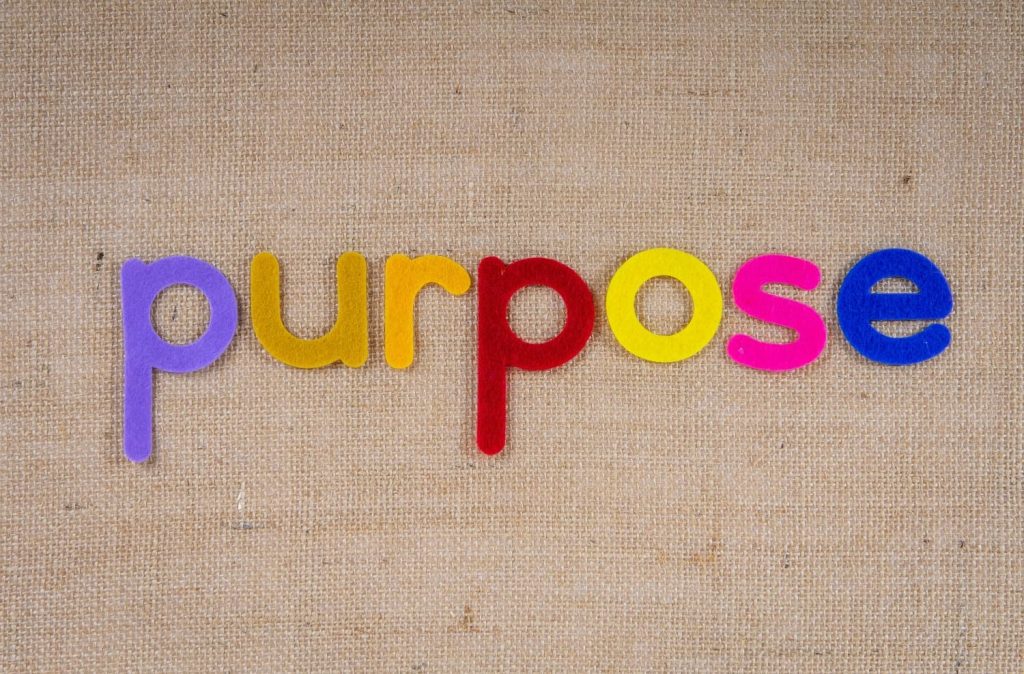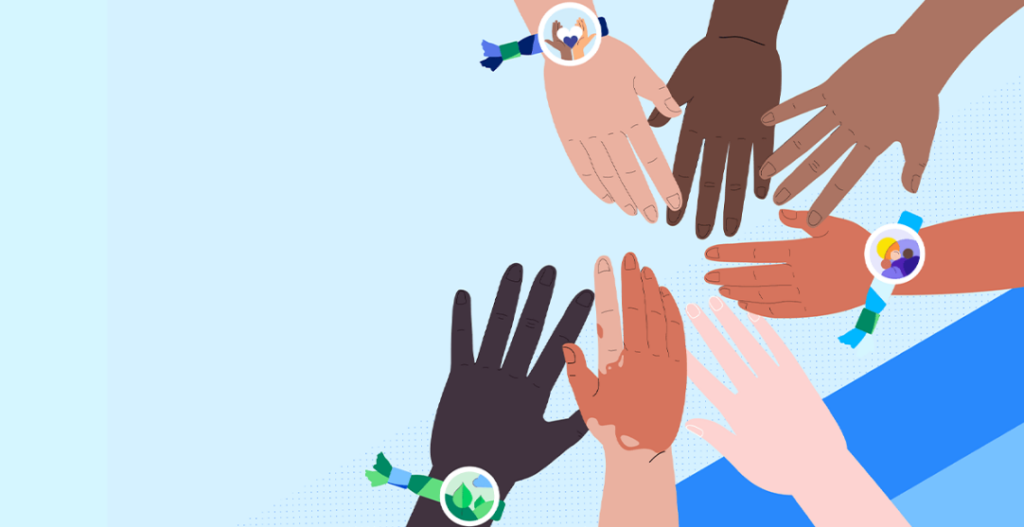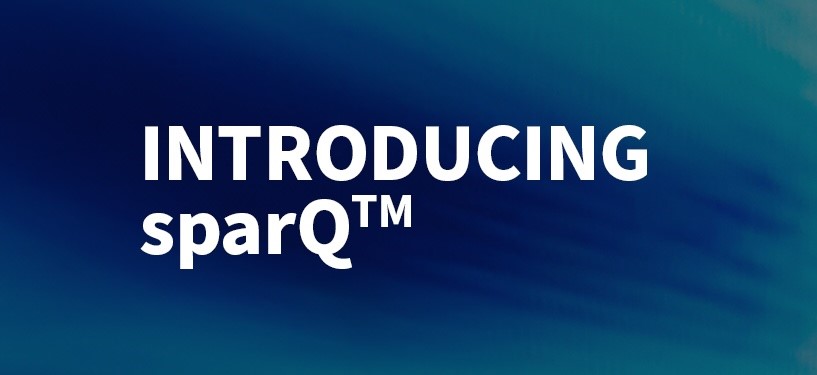I came to the United States alone at the age of 16. No family, just me. People tell me I am brave for doing so, but at the time, I didn’t think much of it. When you are young, you don’t have as much fear, and it enables you to approach things differently. I reflect on this often when I’m faced with challenges.
When I got to the U.S., I realized that my identity was seen through a different lens. I felt like I was the same person, but now I was being told that I was Black. I remember being in class at my Historically Black Colleges and Universities (HBCU) and announcing that I wasn’t African-American. You could hear a pin drop. I explained that I was from Jamaica and not even an American.
But “African-American” is what people see when they look at you, I was told. I found that odd. I recall feeling like my identity was no longer my own; it was something that was perceived and decided on by others.
Intellectual Curiosity
This introduction to the U.S. sparked my intellectual curiosity. At home, I was Jamaican. Now, I’m Black and possibly African-American. What does this all mean?
I quickly learned that outcomes in this land of opportunity often depend on your racial, ethnic, and gender identity. I started my journey as a diversity researcher while an undergraduate. My HBCU experience was a safe cocoon for my newfound Blackness. It took several years of study, research and personal experiences to fully understand the overt and subtle implications of being Black in America. But once I did, I was determined to be part of the DE&I solution.
As my career progressed, I was fortunate enough to work for companies who allowed me to contribute in the DE&I space. I didn’t have an official title, but I was doing the work anyway.
I decided that I would focus on using data and analytics to highlight inequities and champion process changes that could help close the racial, ethnic, and gender gap. I started looking at differences in engagement for men versus women, and for each racial and ethnic group.
I formulated questions for an engagement survey, and did an analysis that showed that LGBTQIA+ employees who felt they could display a picture of their partner and family at work – were much more engaged than the average employee. I redesigned a hiring process so that it would be easier to get a fair opportunity if you didn’t have an inside connection. I expanded my work to include different types of roles. I spent a lot of time in breakrooms talking to hourly employees, making sure they understood our survey process and assure them they could trust it.
I felt like I was making a difference.
And then 2020 – with it dual pandemics of medical and racial upheaval – happened. I spent some time reflecting on what I wanted to do next. Something that would make me feel less helpless and pursue more of the work I had become so passionate about. I decided that for many, today’s world is an awful place, and I wanted to help change that. I wanted to inspire others, too.
I wanted to disrupt the world of work so that everyone feels they belong because the dignity of work should be universal. Everyone deserves the joy that comes knowing they are doing something meaningful in a place where they really belong.
At Workhuman
And now here I am at Workhuman®. The universe delivered in a mighty way. My team and I get to work with our clients, using data to show them exactly how to create a place of belonging for people – and how it can help their businesses thrive. We also spread the DE&I message to the world through papers, presentations, webinars, and on social media.
Everybody knows what it feels like to have a bad day at work. Some of us even know what it feels like to have bad days back-to-back, for months or years. It takes a toll on our mental health, our relationships, and our entire outlook on life. Workhuman solutions are empowering people to recognize one another in the workplace. They enable humans to thank each other, give feedback, and even celebrate special moments that happen outside of the office. We’re helping people feel like they are recognized for their contributions at work. And even more fundamentally, for who they are as humans.
Our solutions reveal how people are collaborating and connecting through recognition. If people are being left out of the conversation, we can identify and fix it. This is powerful stuff. People who recognize each other and celebrate human moments are more likely to be engaged, stay with the company, and have a better employee experience. This is where the “rubber meets the road” when it comes to diversity, inclusion, and, most important, belonging.
A Talented Team
And as gratifying as the work is, I’m also blessed with an incredibly talented team. My people are smart in unique ways. Together, we are this fabulous quilt of individual talent that simply works. Our different backgrounds and areas of expertise mean we have a tremendous diversity of thought.
I embrace the intellectual power and diversity of my team. Workhuman has created a culture where I can bring my whole, authentic self to the workplace, be celebrated for who I am, and experience my full potential by working with others – peers who are also bringing their whole, authentic selves to work.
As a society, we’ve made some great strides in diversity, equity, and inclusion, but there is still so much more work to be done. It involves doing the heavy lifting and finding opportunities to help our team members thrive. It means having tough conversations and finding ways to improve. I’m grateful to be part of the Workhuman team, and to share in their mission of making the workplace more human.
As we move forward, we need to have tough conversations. It isn’t enough anymore to simply put out a DE&I company statement, post a black square on a company social channel, or report on our employee demographics once a year. We’ve got to do the difficult, meaningful work behind the scenes. We need to back it up and hold ourselves accountable for creating a workplace that is inclusive, and where our people can thrive.
This struggle isn’t always easy. But it’s always worth the effort.
___
This post originally appeared on the Workhuman blog.



